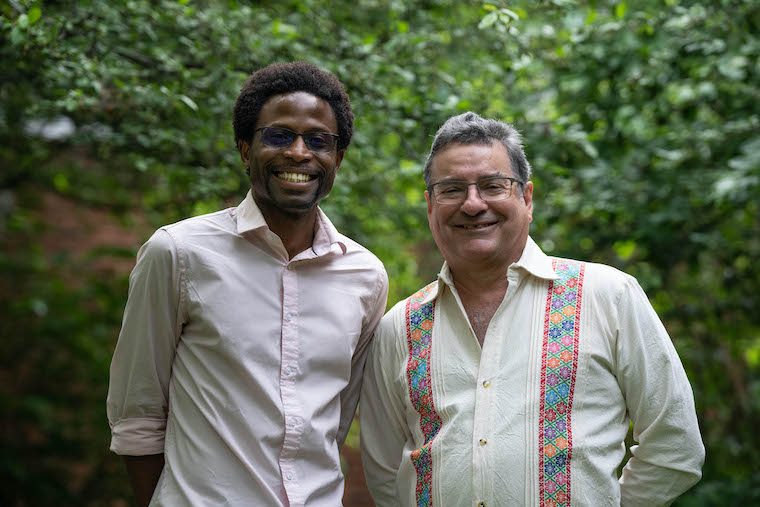New research from our Ukpong B. Eyo, PhD, and Edward Perez-Reyes, PhD, reveals that immune cells called microglia play key roles in controlling seizures. The findings could lead to new treatments to help the third of seizure patients who don't respond to existing treatment options.
Until now, scientists had been uncertain if the microglial response to seizures was helpful or harmful. But the new work by Professor Eyo and Professor Perez-Reyes suggests it is clearly beneficial. That means we may be able to enhance that response to benefit patients and help our bodies control seizures.
“Over the years, there has been debate as to the precise roles of microglia in seizure disorders, and the availability of precise tools to specifically target microglia without affecting other aspects of the brain has been lacking until the approach we have employed in this study,” Professor Eyo told me. "Our study examined microglial contributions in different models of seizures. [The results] suggest that broadly enhancing microglial activity in patients with different seizure origins could be a promising approach.”
Seizures are often associated with epilepsy, but they can have many other causes. They affect more than 65 million people around the globe.
“This study is a great example of UVA’s collaborative culture and the importance of seed funding by the UVA Brain Institute that got the ball rolling,” Professor Perez-Reyes said. Turning an eye toward the future, he noted, “We hope to apply this knowledge to develop novel gene therapies for epilepsy and quiet the brain storms that are seizures.”
Both he and Professor Eyo are part of UVA's Brain Institute, which is devoted to addressing major societal changes related to the brain. In addition, Professor Eyo is part of our Center for Brain Immunology and Glia (BIG Center), which is dramatically expanding our understanding of the role of the immune system in the brain.
